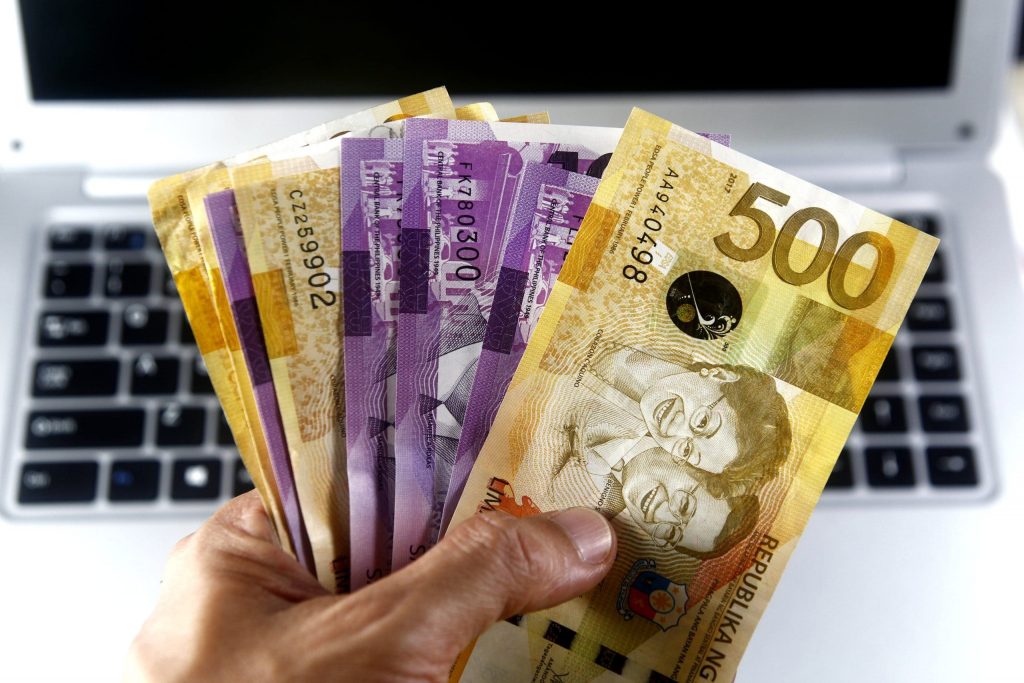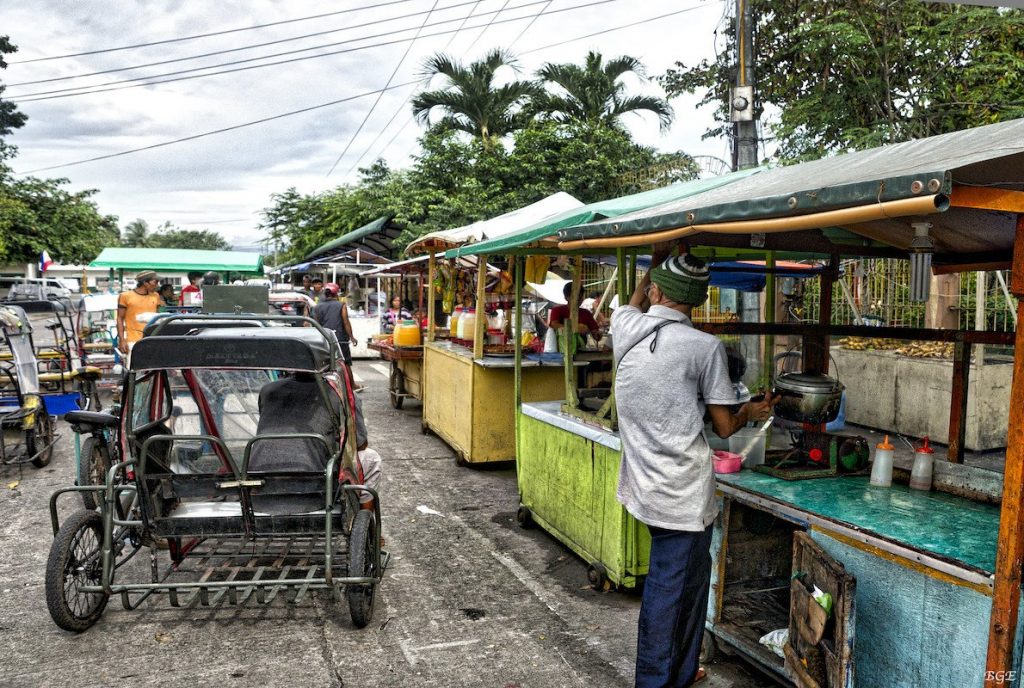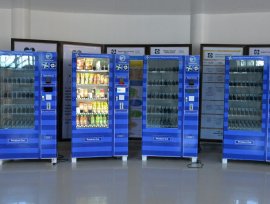Minimum Wage Of The Philippines: Does It Really Reduce Poverty?
The minimum wage of the Philippines is often considered a measure to reduce poverty and raise income. While the policy does work to increase the income of some workers, it taxes others.
It is one of the causes of unemployment and it can take away the on-the-job training some youngsters might have by putting up with a reduced wage for while to have the opportunity to gain a much higher amount later on when they have sufficient skills and experience. When young workers can’t find jobs, It's true that they can find financial aid if they meet SSS unemployment requirements, but they put a strain on the country’s welfare system and can be a burden for their families.
Let’s take a look at the big picture for the Philippines with Corner4men and see if the policy is worth the sacrifice:
Minimum Wage Of The Philippines
 The minimum wage in the Philippines 2021 varies across regions
The minimum wage in the Philippines 2021 varies across regions
The minimum wage in the Philippines 2021 varies across regions, starting at PHP 316 and capping at PHP 537 per day. The rates are determined by each region’s tripartite regional wage boards.
Does Minimum Wage Reduce Poverty?
It’s true that a higher minimum wage helps reducing poverty in the majority of developing countries. However, the effect is limited as the policy can only benefit a fraction of poor workers.
Effects of minimum wage in the Philippines doesn’t reach people working in the informal sectors.
The policy might pull some workers out of poverty but it also push others in. So if you are wondering if minimum wage of the Philippines can truly work to enhance life quality, the answer is it definitely should be in any poverty-reducing package but it shouldn’t be the only measure or be considered the most effective one.
Impacts of minimum wage of the Philippines on employment in the formal sector
The minimum wage’s effect can be seen in the formal sector. The higher the minimum, the higher the overall earning of workers. Studies conducted in developing countries concluded that those who feel the most effect are the ones whose earnings are approximately the minimum line. This leads to an equalization of wages in this sector.
 The minimum wage’s effect can be seen in the formal sector
The minimum wage’s effect can be seen in the formal sector
However, those who are most in need of some benefits from the minimum wage of the Philippines might not get them as most of the workers who enjoy the effect already earning more than the minimum amount.
Setting minimum wages might also impact the earnings of high-wage workers. In some parts of the world, the government set multiple minimum wages. For example, in Costa Rica, the wage of a person is determined by skills and occupation. Graduates getting the minimum wage of that category will rank in the leading 10% of the country’s distribution of wage.
In other nations like Namibia, South Africa, and Kenya, roughly half of the workers make less than the lowest amount and the highest minimum wage affects the upper end of the wage distribution.
The minimum wage of the Philippines also has an impact on employment. While there are mixed reports about the effect of the policy, most studies reveal that it actually lowers formal employment. Fortunately, the impact is small in the majority of nations.
Most studies estimate a less than 1% decrease in employment when minimum wage goes up 1%, which leads to a conclusion that increasing the minimum wage raises the total earnings of workers in the formal sector.
Impacts of minimum wage of the Philippines on employment in the informal sector
The minimum wage of the Philippines might have a favorable total effect in the formal sector but that isn’t always true for the informal sector.
Over half of workers of the low-income group belong to this sector, which isn’t covered by the policy. The informal sector might ease the effect of minimum wage when it makes it harder for people to find jobs in the formal sector as they can turn to the informal one. Low wage is always better than no income at all.
 Over half of workers of the low-income group belong to the informal sector
Over half of workers of the low-income group belong to the informal sector
However, as the minimum wage of the Philippines can reduce employment opportunity, it will force a number of people into the informal sector, thus increasing the poverty rates.
recent articles

Top 5 Most Beautiful Woman In The Philippines - The Finals
Are you seeking the latest top 5 most beautiful woman in the Philippines? Wonder who has the most charming beauty? Keep reading to find out!

Top Types of Jeans Brands
Have you heard of the world's most famous jeans brands? Which brand will have products that complement your personal style? Let’s find out the top 5 best types of jeans brands.

Top best airbnb Philippines you shouldn't miss
Airbnb is the most popular accommodation service today. You can find a variety of accommodations according to your needs.









